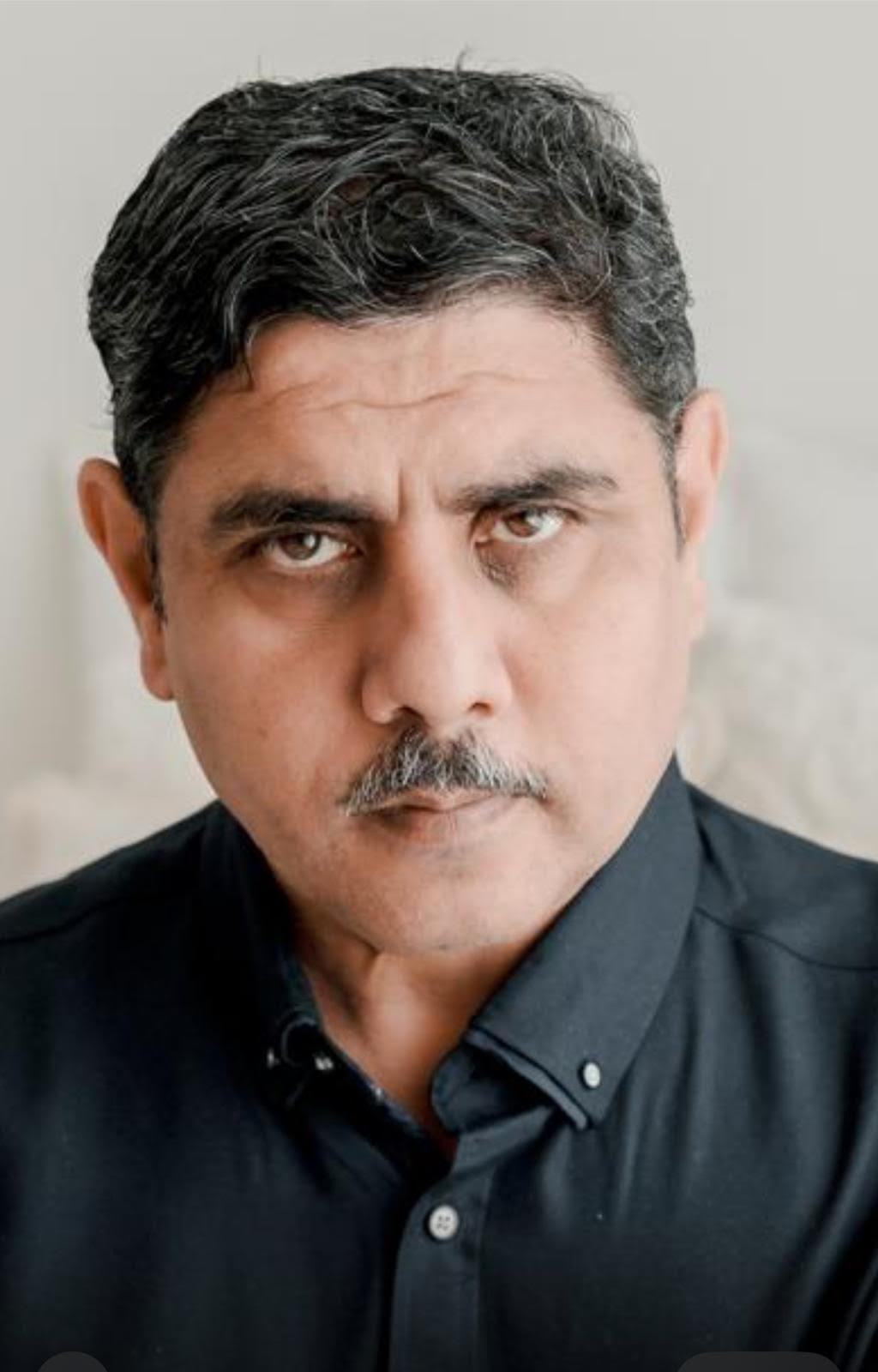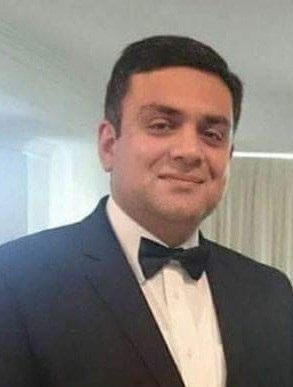Afzal is a renowned educationist and prose writer. His social and literary journey began in the year 1984 with the first publication in the Daily Imrooz. In the same year, he was elected as a chairman of Young Thinkers Association International (YTAI) – an international organisation of young people. Consequently, he was elected unopposed for three consecutive terms. Afzal’s services being the chairman of YTAI can be seen in the newspapers of that time. From the platform of YTAI, he issued a weekly newspaper Voice of Thinkers and a monthly literary magazine Dastak and wrote the editorials of both publications as the chief editor.
In this capacity, several conferences were organised where prominent literary and social dignitaries not only addressed the moto and services of YTAI but also commended its great cause (peace and relations, struggle against illegitimate dowry and drugs). Further, Afzal had the opportunity to travel across the country as the chairman of the association. This provided him with first-hand experience of the difficulties faced by young people at that time. Throughout this period, he delivered several presidential addresses in as many conferences across the country.
As a student, Afzal represented his educational institutions (Government College Lahore & University of the Punjab) on many occasions as a rhetorician in speech and debating competitions. His innate tendencies to thrive as a public speaker allowed him to win many prizes to put the name of these institutions on top.
In the year 1987, Afzal presented his first paper Allama Iqbal ke Falsafa-i-Khudi ke Aham Nakaat (the significant points of Dr. Allama Muhammad Iqbal’s Philosophy of Self). In the following year, he compiled the papers written by Sheikh Abdul Qadir – a prominent scholar and an intimate friend of Allama Iqbal. This compilation is now ready for publication. Further, he wrote another paper on Sheikh Abdul Qadir under the title of Sheikh Abdul Qadir per aik Taerana Nazer (An overview of the life and works of Sheikh Abdul Qadir). Subsequently, he was invited as an honorary guest in a TV show representing the youth of Pakistan.
In 1993, Afzal was appointed as a lecturer at the Pakistan Education Centre Doha-Qatar (PEC). He continued to develop his literary activities through newspapers and other publications. Due to the closure of Daily Imrooz and Daily Mashraq, he began writing reports for Daily Nawa-i-Waqt. In this respect, his paper on Hameed Nizami Late and other reports were readily published for several years.
At PEC, he organised Iqbal Day in order to commemorate the extraordinary life of Allama Iqbal. Consequently, a literary society known as Baz-i-Sukhan was established and he was honoured as its first president. Many conferences were held under this society in which Afzal presented papers on Allama Iqbal and other Urdu literary personalities. Further, under the banner of a well-renowned literary society Bazm-i-Khial-o-Fun, Afzal presented papers on several prominent prose writers including Mushtaq Yousafi, Saadat Hasan Manto and Qurat-ul-Ain Haider as well as poets like Noon Meem Rashid, Majeed Amjad, Ahmad Faraz, Ahmad Nadeem Qasmi and Baba Bulleh Shah. The publication of an annual literary magazine Safeena including its editorial was another achievement within this period.
In 2001, the wings of destiny permanently brought him to Adelaide from Doha. Despite this drastic change, his passion for literature continued to grow – reigniting his pursuit of research on Allama Iqbal’s poetry. Afzal’s two papers Allama Iqbal ka falsfa-i-khudi (Allama Iqbal’s doctrine of self) and Allama Iqbal ka nazria-i-taqdeer (Allama Iqbal’s concept of destiny) were also published in Australian Urdu newspaper Pukaar.
Furthermore, his areas of expertise has expanded into the fields of science, maths and history. In order to achieve this, he attained a Master of Arts in Modern History (Macquarie University), Post-Graduate Diploma in Education (University of Adelaide) and Professional Certificates in Mathematics and Science (Physics) [University of Adelaide].
Since arriving in Adelaide, Afzal always felt deprived of literary activities as he couldn’t find an adequate platform to promote Urdu language. It is therefore, he founded Pakistan-Australia Literary Forum (PALF) Inc. keeping in mind the words of Baba-e-Urdu (Father of Urdu Language) Molvi Abdul Haque: if a language perishes, the culture that it represents will also perish. Therefore, in order for one’s culture to thrive, we must keep the respective language alive.






